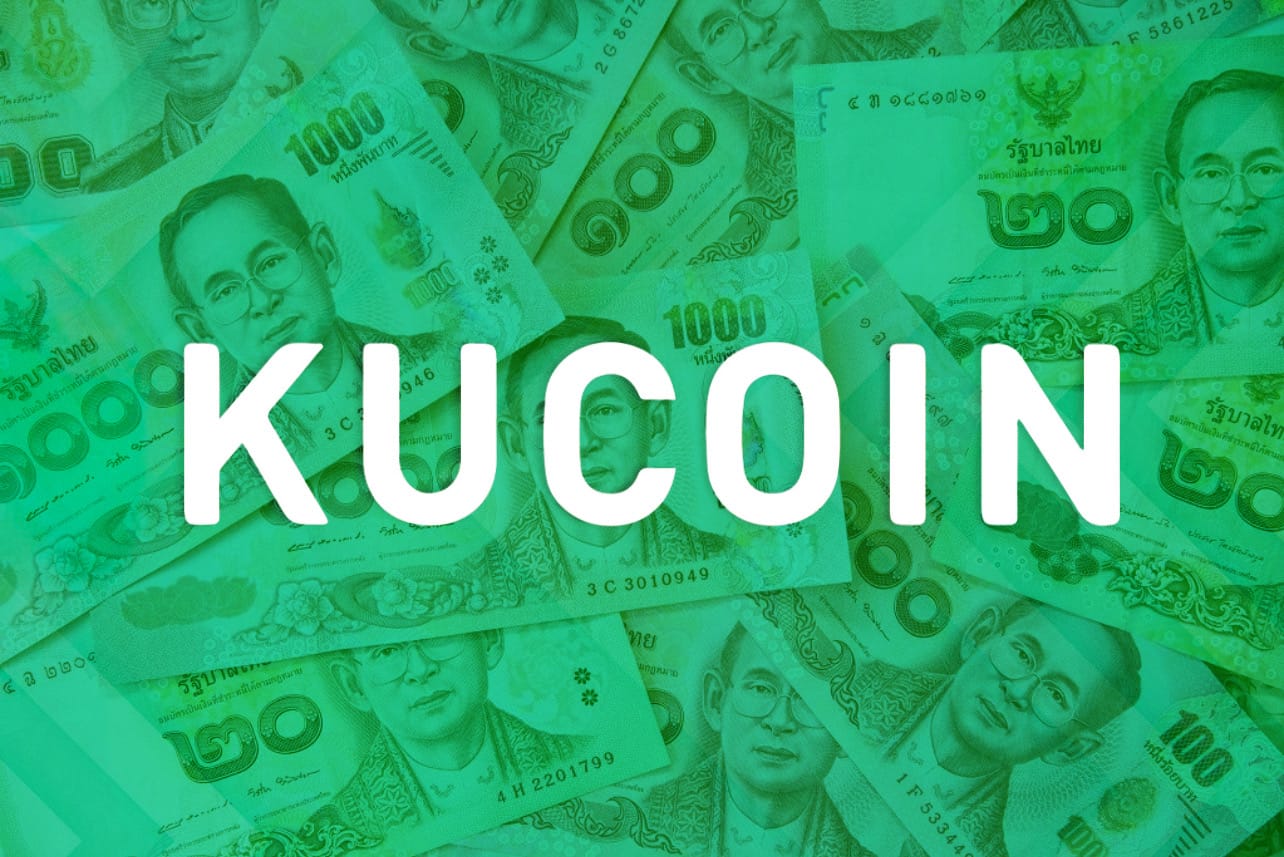KuCoin Faces Allegations of Ties to Southeast Asian Money Laundering Ring

An investigative report has uncovered claims that cryptocurrency exchange KuCoin is connected to a sprawling criminal network in Southeast Asia, shielded by influential figures including a close ally of former Thai Prime Minister Thaksin Shinawatra. The network reportedly facilitates the movement of hundreds of millions in illicit funds from scam operations in Cambodia, impacting victims worldwide and drawing scrutiny from international authorities. Details from the report highlight how this setup blends crypto operations with traditional finance to evade detection.
The findings come from Whale Hunting, an outlet under Project Brazen, which alleges the network uses Bitcoin mining in Laos and stakes in Thai companies to launder money tied to gambling, scams, drugs, and human trafficking. KuCoin, already indicted in the United States for anti-money laundering failures, settled charges by agreeing to pay over $297 million in fines and forfeitures. Its founders stepped away from operations under a deferred prosecution deal, yet the exchange expanded into Thailand amid these developments.
Stay In The Loop and Never Miss Important Crypto News
Sign up and be the first to know when we publishKuCoin Network Ties and Financial Maneuvers
Investigators point to Benjamin Mauerberger, a South African businessman, as a key player who oversees vast fund transfers from Cambodia and maintains close ties to Thaksin. Mauerberger allegedly facilitated luxury purchases for the former leader, including a high-end private jet, in exchange for political protection in the region. His operations extend through front companies in Hong Kong, Singapore, and the Seychelles, enabling discreet control over significant assets.
KuCoin’s involvement reportedly includes acquiring a 45% stake in Finansia X PCL, a Thai securities firm, making it the largest shareholder through indirect purchases. These transactions involved entities linked to Mauerberger’s wife and a Cambodian bank partner, allowing seamless shifts between crypto and banking systems. According to Whale Hunting, sources familiar with the dealings describe this as a strategic build-up to create an unchecked financial empire across borders.
The network also operates a Bitcoin mining venture in Laos, a joint effort between Thai and Laotian firms connected to Mauerberger’s associates. This setup purportedly cleans tainted cryptocurrency by presenting it as newly mined assets, bypassing blockchain transparency issues. Funds then flow onto platforms like KuCoin before entering regulated finance, amplifying the scale of potential laundering activities.
Cambodia emerges as a central hub in these allegations, where scam centers have cost Americans billions annually, according to the U.S. Treasury. Sanctions against these operations underscore growing concerns over regional stability and the risk of countries like Thailand aligning closer with Chinese interests. Mauerberger avoids jurisdictions with U.S. extradition treaties, operating mainly in Thailand, Cambodia, and Dubai to stay beyond direct reach.
Recent shifts in Thai politics have exposed vulnerabilities in the network, with Thaksin’s imprisonment on corruption charges and his daughter’s removal as prime minister. Authorities in the U.S., Singapore, and Thailand have ramped up probes into related assets, including luxury properties and aircraft owned by network figures. Singapore’s Monetary Authority is examining fund flows through local entities, while Thai media reports highlight connections to newly appointed officials with past ties to the group.
The report details additional holdings, such as shares in a Thai energy company that stood to gain from proposed oil explorations with Cambodia. Plans to legalize casinos in Thailand, now abandoned, could have further benefited the network by providing new avenues for fund integration. As scrutiny intensifies, the connection between crypto exchanges and traditional power structures in Southeast Asia raises questions about regulatory gaps in the industry.
KuCoin’s launch of a Thai exchange earlier this year coincides with these revelations, prompting questions about its regional strategy post-indictment. While the company has denied direct involvement in illicit activities, the allegations suggest deeper entanglements that could influence future enforcement actions. Ongoing investigations aim to dismantle these cross-border operations and protect vulnerable financial systems from exploitation.

